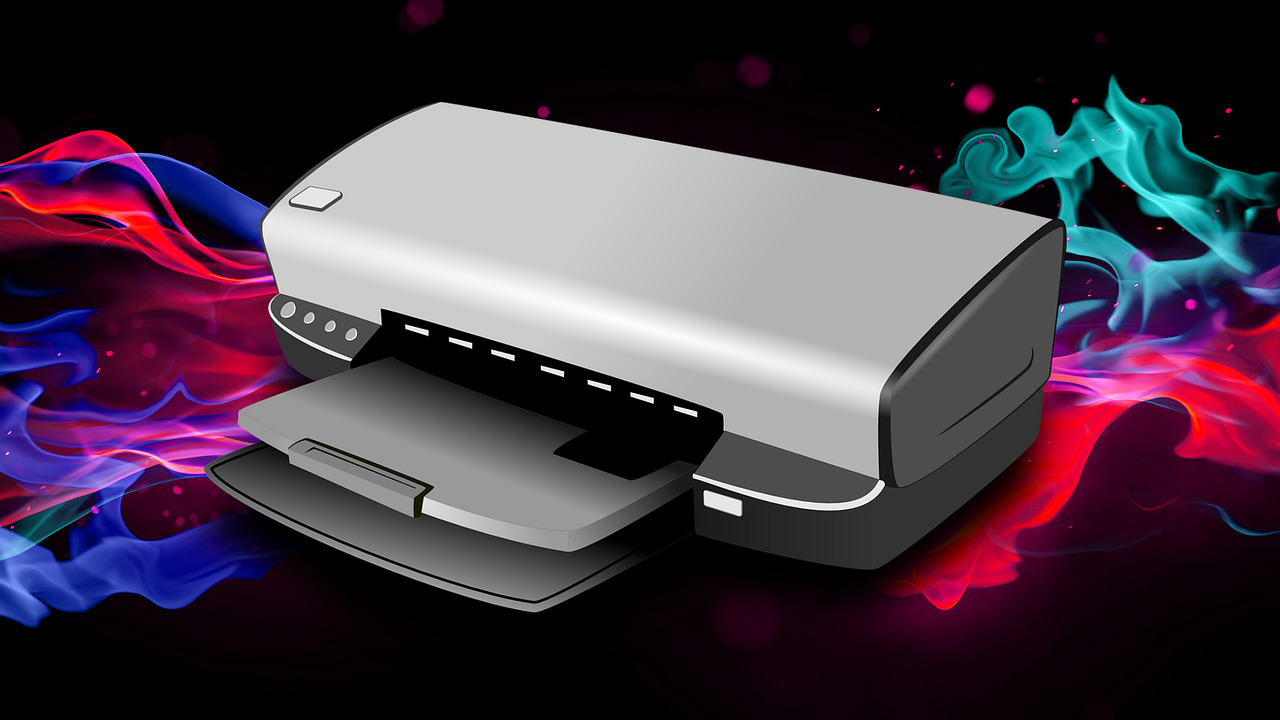In the fast-paced world of modern technology, printers play a vital role in our personal and professional lives. Samsung, a respected brand in consumer electronics, offers a wide range of printers renowned for their quality and reliability. Just like any other electronic device, Samsung printers may encounter issues from time to time that require a factory reset to restore them to their default settings. In this blog, we’ll provide you with a comprehensive guide on how to perform a Samsung printer factory reset and the circumstances in which it is necessary.
Why Perform a Factory Reset on Your Samsung Printer?
Before we delve into the details of performing a factory reset on your Samsung printer, let’s understand why this action may be necessary:
1. Resolution of Technical Issues: A factory reset can help resolve various technical problems with your printer, such as network connectivity issues, paper jams, and software glitches.
2. Data Security: If you are recycling or selling your printer, a factory reset is essential to ensure that no sensitive or personal data remains on the device.
3. Restoring Default Settings: Over time, you may have customized settings on your printer that no longer work optimally. A factory reset helps you revert to the default settings for a fresh start.
4. Proactive Troubleshooting: In some cases, a factory reset may be recommended by Samsung’s customer support as a troubleshooting step to resolve complex issues.
When Should You Perform a Factory Reset?
It’s important to note that a factory reset should be a last resort, as it erases all your customized settings and configurations. Consider a factory reset in the following situations:
1. Persistent Errors: If your printer continues to display errors or malfunctions despite your best efforts to troubleshoot them.
2. Network Problems: When your printer cannot connect to your network or repeatedly disconnects.
3. Advanced Troubleshooting: After you have exhausted other troubleshooting options recommended by Samsung support.
Performing a Factory Reset on Your Samsung Printer
Now that you understand the when and why of a factory reset, let’s guide you through the process of performing one:
Step 1: Preparation
Before you begin, ensure your printer is turned on, and there are no print jobs in the queue. Ensure that your printer has sufficient power and is not in the middle of a critical operation.
Step 2: Accessing the Reset Menu
– Navigate to your printer’s control panel.
– Look for a menu option that relates to settings or maintenance.
– Find and select the option for a “Factory Reset” or “Reset Settings.” The exact wording may vary depending on your printer’s model.
Step 3: Confirm Reset
Once you select the factory reset option, the printer will request confirmation. Confirm the action to initiate the reset.
Step 4: Wait for the Reset
Your printer will go through the reset process, which may take a few minutes. Do not turn off the printer during this time.
Step 5: Set Up Your Printer Again
After the reset, you must reconfigure your printer with your preferred settings, such as language, paper size, and network connection.
A Word of Caution
Performing a factory reset is a drastic measure, so back up any critical data, such as custom settings or network configurations, before initiating the reset. Additionally, consult your printer’s user manual or Samsung’s official website for model-specific instructions on performing a factory reset.
In conclusion, a Samsung printer factory reset is a valuable troubleshooting tool for resolving persistent issues and restoring your printer to its default settings. However, use this option wisely and explore other troubleshooting steps before resorting to a factory reset to ensure your printer continues to serve you efficiently.





